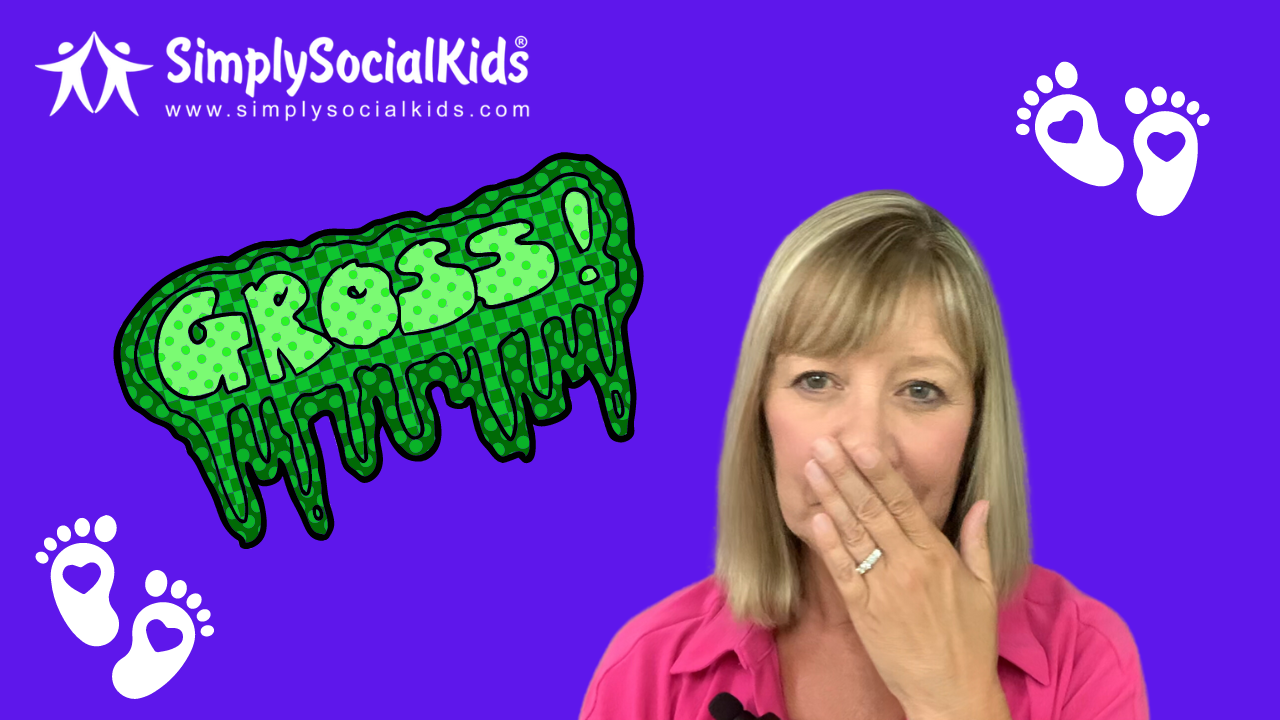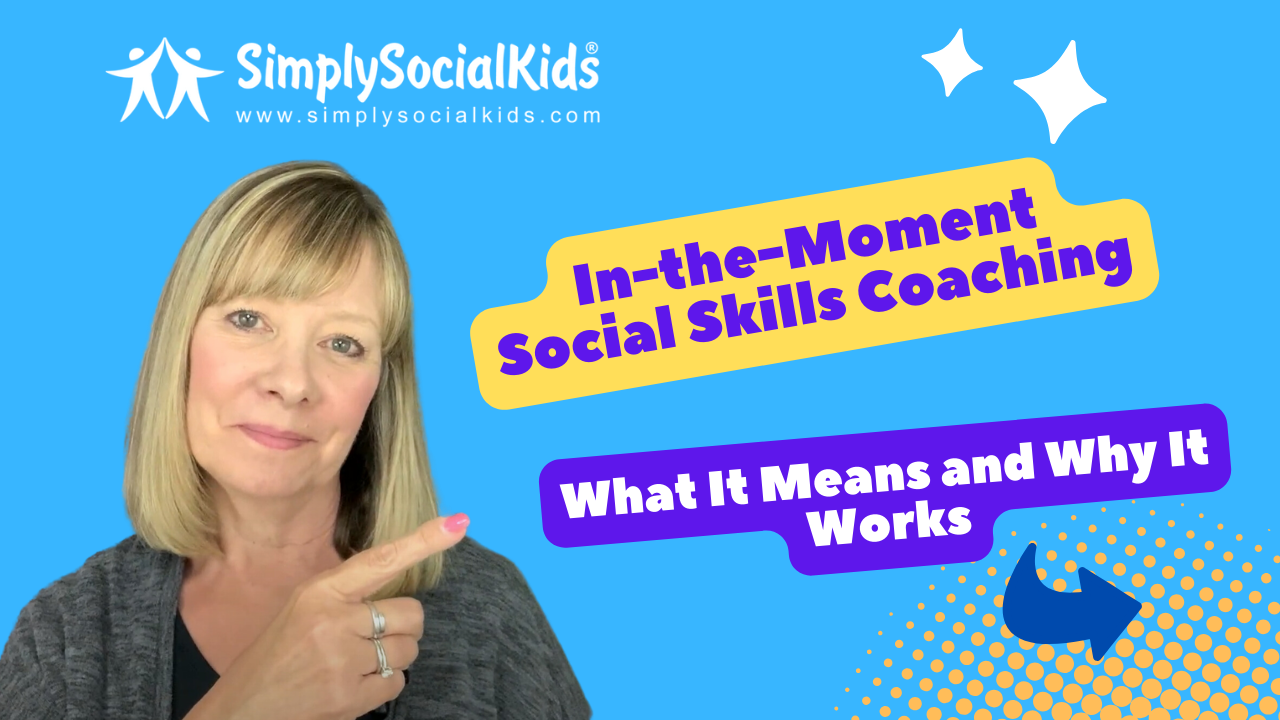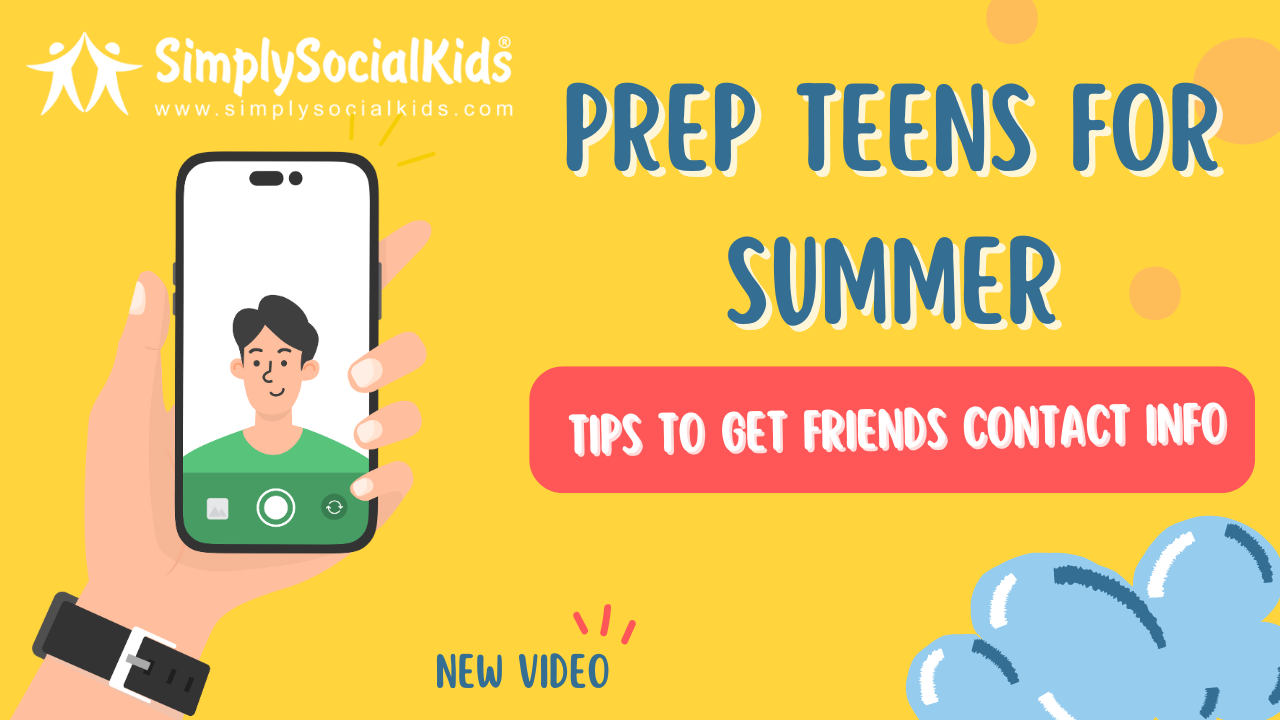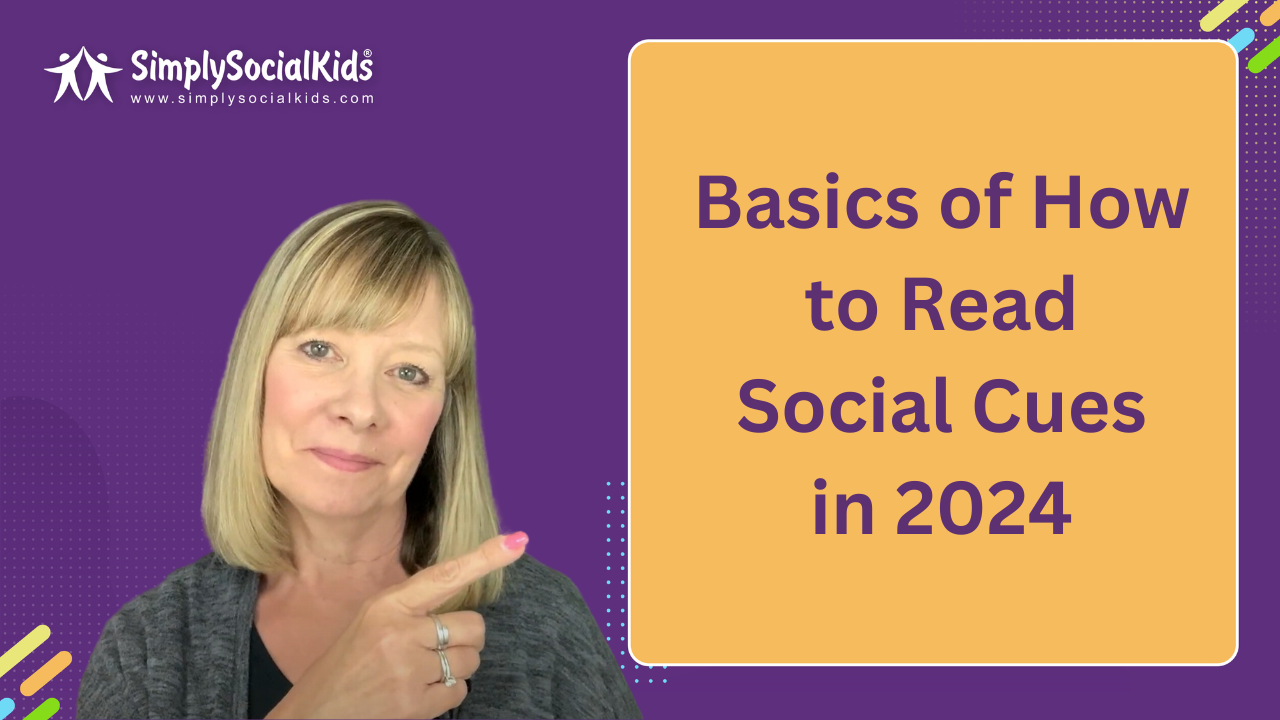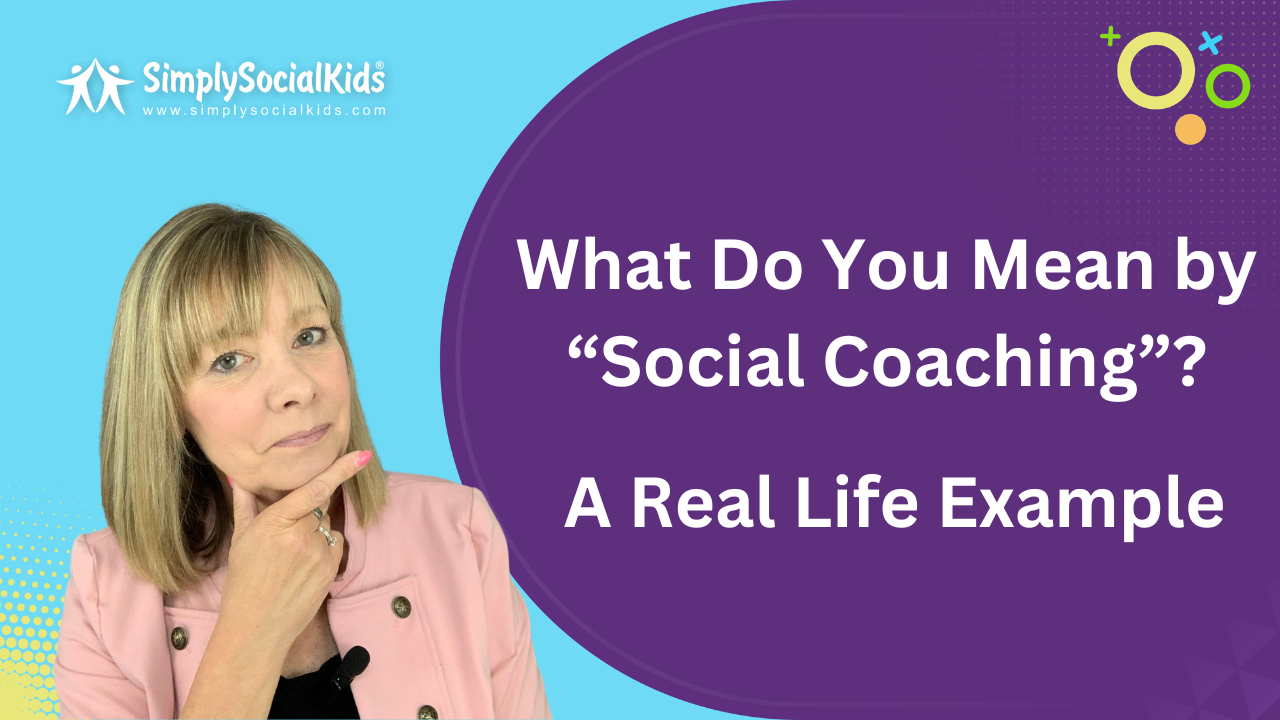

by Nadine Briggs
I conducted a little test with the kids at my center before Covid hit. I conducted my experiment with several groups of all ages and got a very similar response. It went like this:
Me: “Oh my gosh!!! You are NOT going to believe what was in my backyard! AND I got it on VIDEO!”
Pretty much everyone: (no response)
They looked at me but no one said anything. There weren’t even big changes to their facial expressions. The expectation, when someone says something like that, is a response like, “What did you see, Miss Nadine?” or “Show me!” I made sure to be as enthusiastic as I could be so that they would understand that the video in my possession was something to not be missed. They weren’t intrigued enough to find out what was in my backyard despite my animated and excited tone.
When kids are having a hard time forming meaningful connections with others, a large part of the issue is a lack of understanding about how to best engage with other people. They may desperately want the connection but often lack the abilities around how to make it happen. One of the first steps is learning to demonstrate interest in other people and the easiest way to let people know that you’re interested in them is to be interested in what they have to say. There are tips that they can keep in mind and practice to help them to improve their listening skills.
Eye Contact – Many kids have a hard time with actual eye contact. Since we would not want the discomfort of eye contact to result in them avoiding socializing, we suggest looking at the area around the eyes (eyebrows, nose, upper cheeks, ears) instead so they are looking in the general vicinity of the eyes. Body language can also show that someone is listening by facing the person talking and leaning toward them slightly.
Remove Distractions – Remove distractions by putting away cells phones or closing down any open video games, if online, so that attention can be focused on the person speaking.
Wait for the Pause – Some kids will interrupt if they have something to add without waiting for a natural pause in the conversation. They might be thinking about what they want to say next and feel like they might forget if they don’t say it right away. Forgetting what to say is better than interrupting someone.
Stay on Topic – If a person is not interested in what someone is saying, they might respond with something totally off topic. To be engaged in another person’s life or interests, it’s important to stay on topic even if the listener is not interested. Listening is often less about us and more about the friend.
Nod and Comment – Nodding, commenting, or asking questions can prevent distractions and show the person that you are fully listening to what they have to say. It can also help you retain the information being shared.
My video experiment gave me what I needed to make this point with the kids in our social groups. When someone approaches you with an excited statement like mine, it should (at bare minimum) spur a follow up question to find out the source of the excitement. It might not feel natural for some kids to engage in this way, so it’s important to understand why this requires a follow up question. Not engaging or responding sends a clear signal that says, “I don’t really care what you’re so excited about.”
With coaching and practice, these skills can be learned and they can build the social connections they’re missing.
I will keep you in suspense no longer for those of you who eagerly want to know what was in my exciting video from my experiment.
It was a bobcat! In my garden! The bobcat even pees in my garden which was an added bonus for our kids who love potty humor. Click for video
If your child or teen needs coaching to help understand how to connect with others and practice listening, contact us to schedule a trial https://calendly.com/simplysocialkids/30min or find out more about our weekly programs or Just for Fun clubs or learn more by contacting us at https://simplysocialkids.com/.

